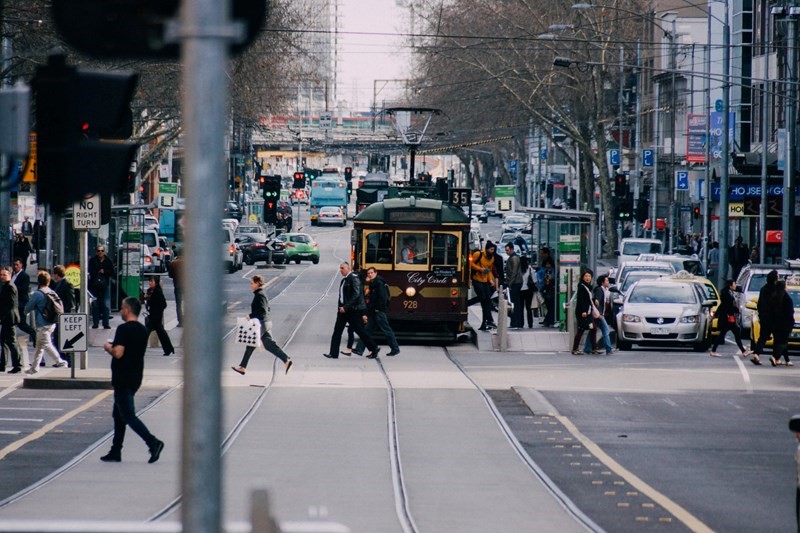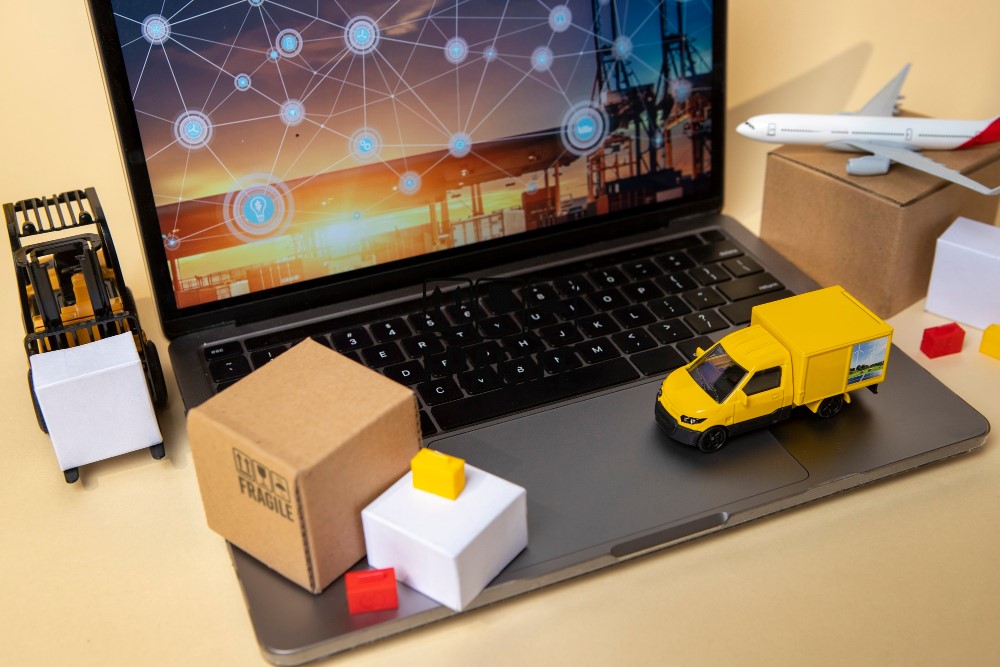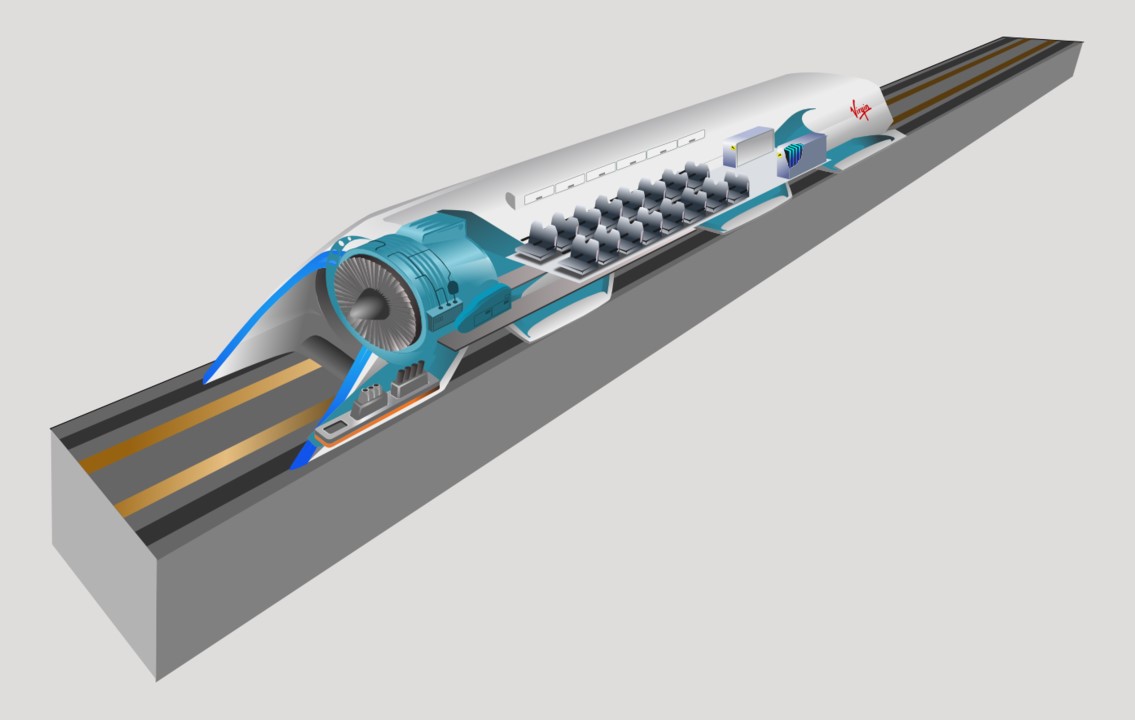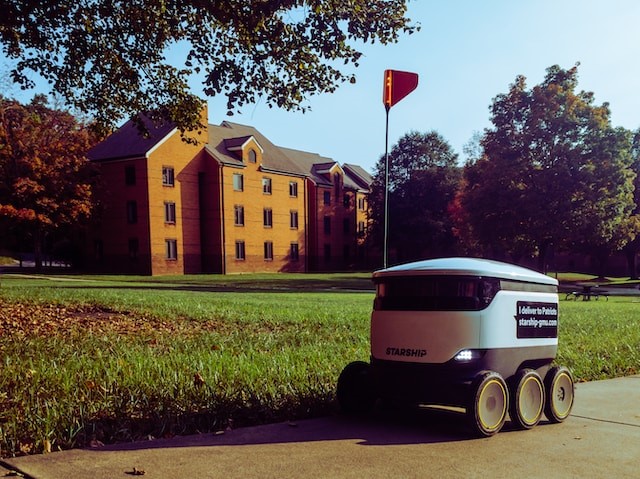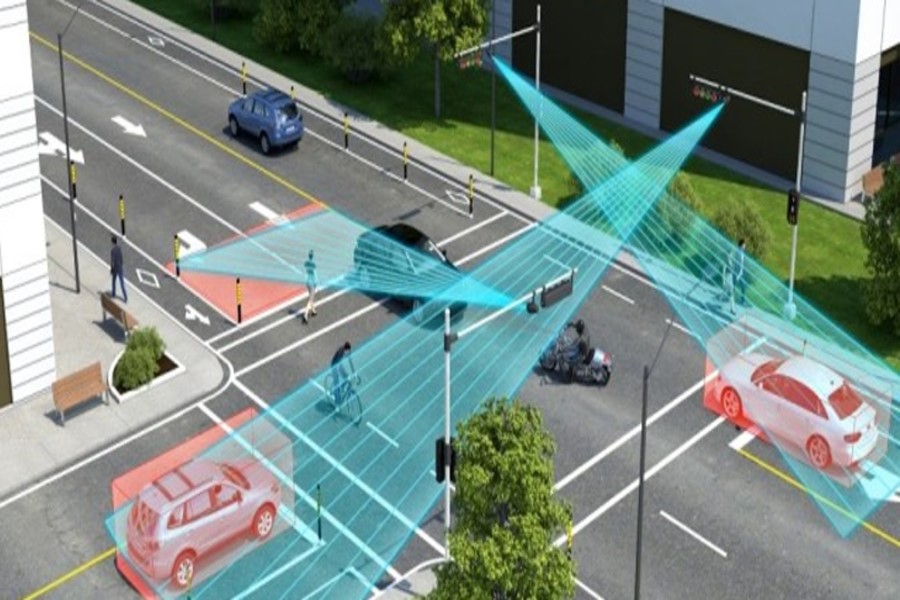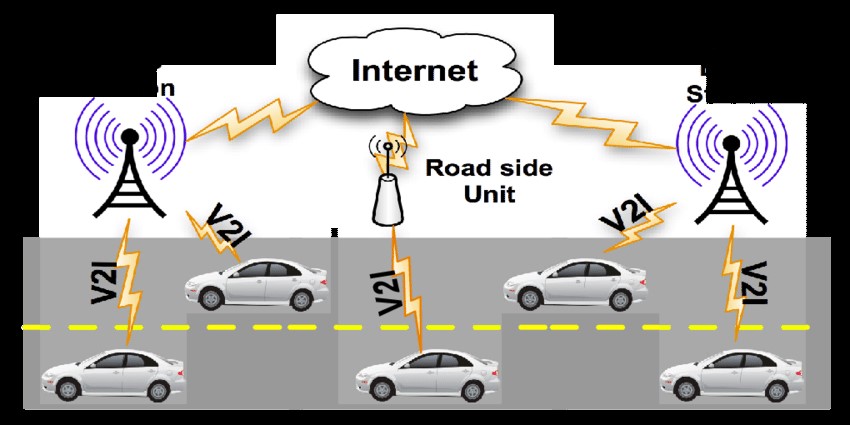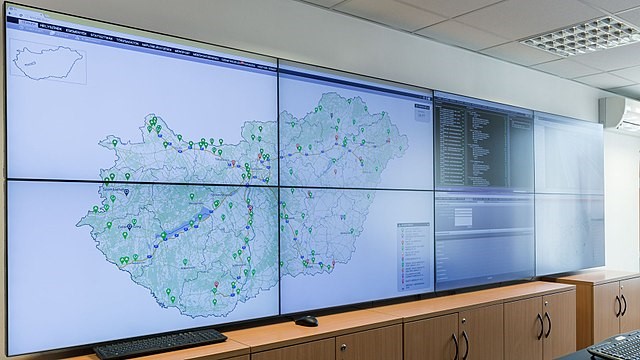Digital Transportation Solutions
Digital transportation solutions refer to the use of technology to improve various aspects of transportation, including efficiency, safety, convenience, and environmental sustainability. Here are some examples of digital transportation solutions:

Figure 1. Digital Transportation Solutions
Mobile apps for public transportation:
Many cities have developed mobile apps that allow commuters to access real-time information about bus, train, and subway schedules and locations.
GPS tracking and fleet management systems:
GPS tracking technology allows fleet managers to monitor the location and performance of vehicles in real-time, leading to better route planning, fuel efficiency, and reduced downtime.
Autonomous vehicles:
Self-driving cars and trucks are becoming increasingly common on roads around the world. These vehicles rely on sensors and computer algorithms to navigate roads and highways safely and efficiently.
On-demand ride-sharing apps:
Platforms like Uber and Lyft allow riders to request a ride with the tap of a button and pay automatically through their mobile device. This has disrupted traditional taxi and car rental industries and has made getting around cities more convenient for many people.
Digital payment systems:
Electronic payment systems, such as contactless payment cards or mobile payment apps, have become popular in public transportation systems. These systems make it faster and easier for passengers to pay for their fare.
Intelligent transportation systems:
These systems use advanced sensors, data analytics, and communication networks to optimize traffic flow, reduce congestion, and improve safety.
Traffic management apps:
Some cities have developed traffic management apps that use real-time data to provide drivers with the most efficient routes to their destinations and avoid traffic congestion.
Electric vehicle charging networks:
The growth of electric vehicles has led to the development of digital platforms that allow EV owners to locate charging stations and pay for charging services.
Overall, digital transportation solutions offer many benefits, including reduced travel times, improved safety, reduced environmental impact, and increased accessibility for all users.
References:
- https://kelley.iu.edu/programs/undergrad/academics/workshops/digital-transportation-logistics.html
Cite this article:
Hana M (2023), Digital Transportation Solutions, AnaTechMaz, pp.123




